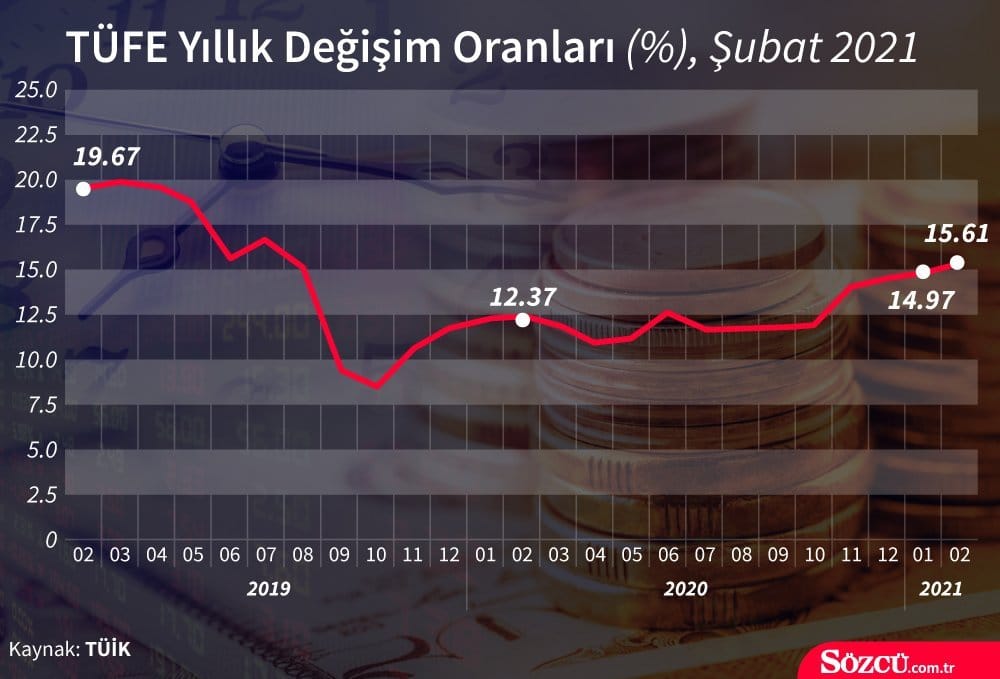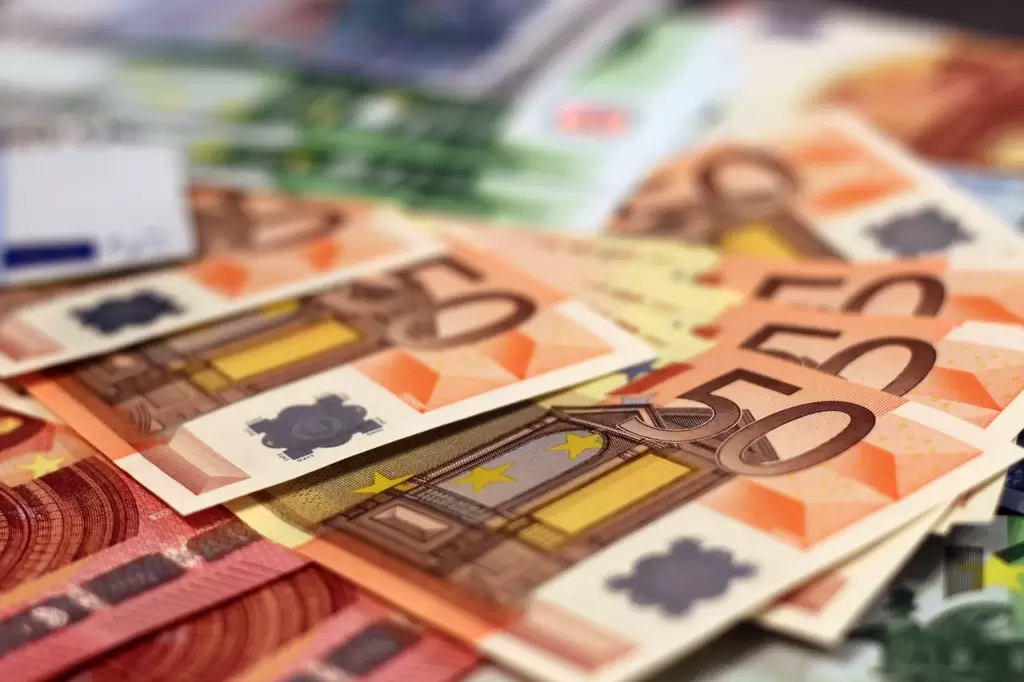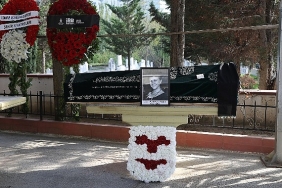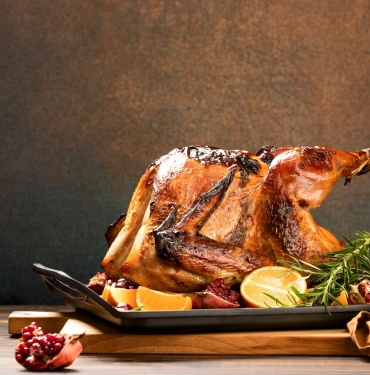Cafes and restaurants, which have been closed for a long time within the scope of coronavirus measures, have started to serve again at certain hours, although the risk situation varies depending on the province they are located in.
Shopkeepers opened their shutters and people took to the streets When normalization started with a rain of price hikes in June 2020, inflation was above expectations with a monthly rate of 1.13 percent, and annual inflation was 12.62 percent. While the service sector was the determining factor in the rise in inflation, restaurants and hotels were the expenditure groups that contributed the most to inflation, with a monthly increase of 2.8 percent, and entertainment and culture increased by 2.45 percent.

According to the latest data announced by TÜİK today, the consumer price index (CPI) increased above expectations with 15.61 percent annually and 0.91 percent monthly. Annual inflation has reached its highest value since July 2019. In February 2021, out of 415 items included in the index, there was an increase in the average price of 263 items.
PROF. ASLANOĞLU: I SEE THE POSSIBILITY OF INCREASE IS HIGH
Professor from Piri Reis University, Department of Economics and Finance. Dr. Erhan Aslanoğlu stated that he saw a high probability of an increase in his evaluation based on the food and beverage sector.
In addition, Prof. stated that the additional costs brought by the pandemic measures and distanced seating will continue to put pressure on average fixed costs. Aslanoğlu said, “Not in the first place, but possible increases in demand in the summer months may increase the courage of the service sectors to increase prices." he said.
Stating that there is a possibility of both cost and demand side increases, Prof. Aslanoğlu said, “Annual inflation in unprocessed food prices is between 25-30 percent. Food commodities continue their upward trend globally. The cost increase will be reflected in prices." said.
Prof. Dr. Erhan Aslanoglu

PROF. BAŞLEVENT: BASE EFFECT, SEASONAL EFFECTS AND EXCHANGE RATE WILL BE DETERMINANT
Bilgi University Economics Lecturer Prof. Dr. Cem Başlevent is He stated that he thinks that the base effect, which is expected to move to the positive side in the spring months, seasonal effects and the course of the exchange rate will be the determining factor rather than the normalization of inflation.
Prof. stated that with normalization, people will start shopping, traveling and eating out more. Başlevent said, “This additional demand may of course create price pressure. On the other hand The factor called economies of scale can also cause prices to relax. For example, a restaurant that has tripled its turnover after normalization can continue without increasing its prices, as it can share its fixed costs among more customers.” said.

LAFÇI: WE WILL NOT SEE THAT EFFECT THIS TIME
Economist Emrah Lafçı also made a statement to sozcu.com.tr about the issue.
Stating that both the postponed demand and the rising exchange rate had an impact on the rise experienced in June last year, Lafçı said, “It seems that we will not see that effect this time. There is no sharp increase in the exchange rate this year. This needs to be taken into consideration. I think the increase in service prices in the last period has been absorbed. An increase at that level again will push prices up significantly. "There is already a decrease in demand." said.
THERE WILL BE NO QUICK WARM-UP
Emrah Lafçı stated that it should not be forgotten that there is a demand that meets the increases experienced last year and said, “One of the most important reasons for the demand was credit expansion. Especially households were able to use loans very easily. But for now, interest rates are very high. A similar credit increase will not occur. Therefore, there will be no rapid warming in the economy.” said.
Lafçı concluded his words as follows:
Although there seems to be a high increase in demand with the opening, I think this will not be reflected in the prices as much as it was last year. This should also be taken into consideration; Due to the base effect, inflation will already enter a downward path in May and June. Last year's May and June inflations were quite high.














